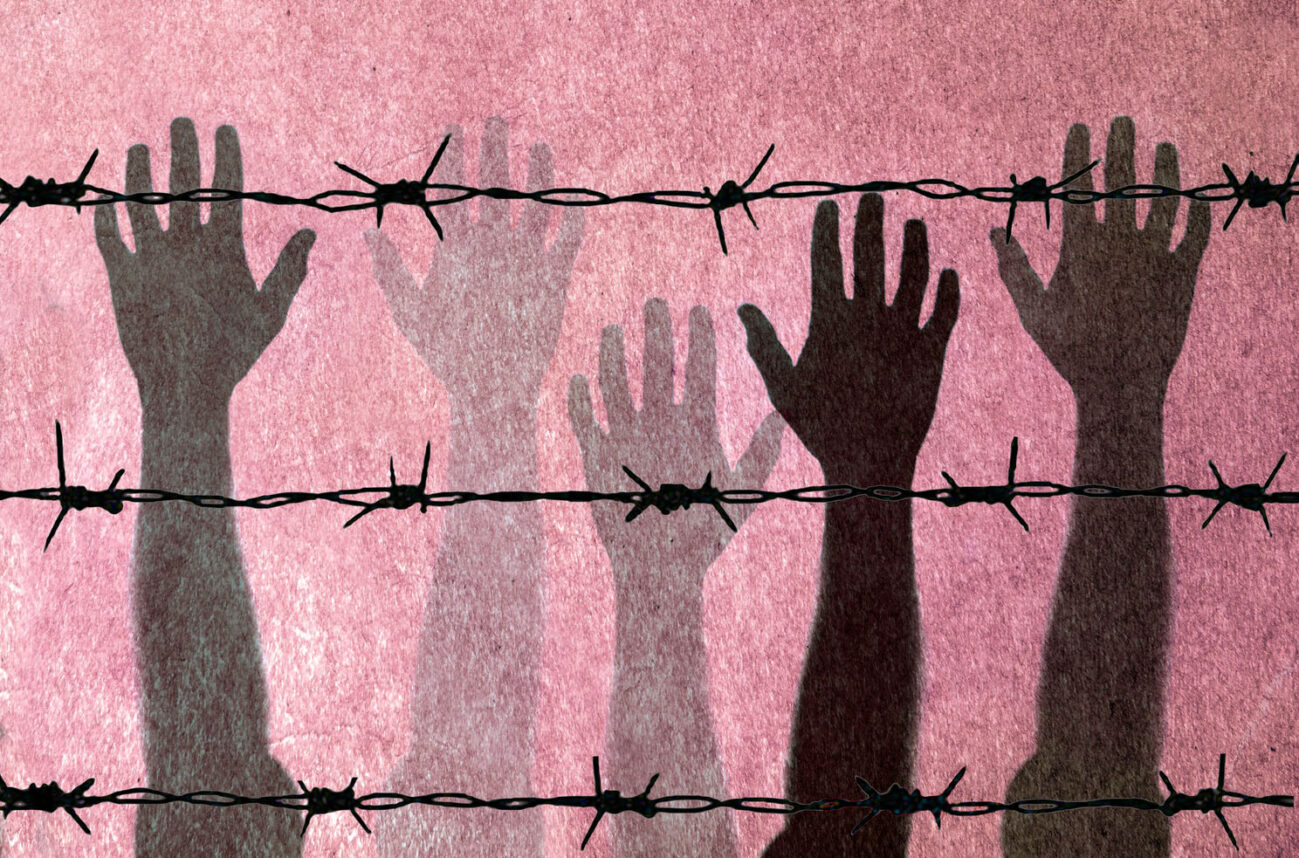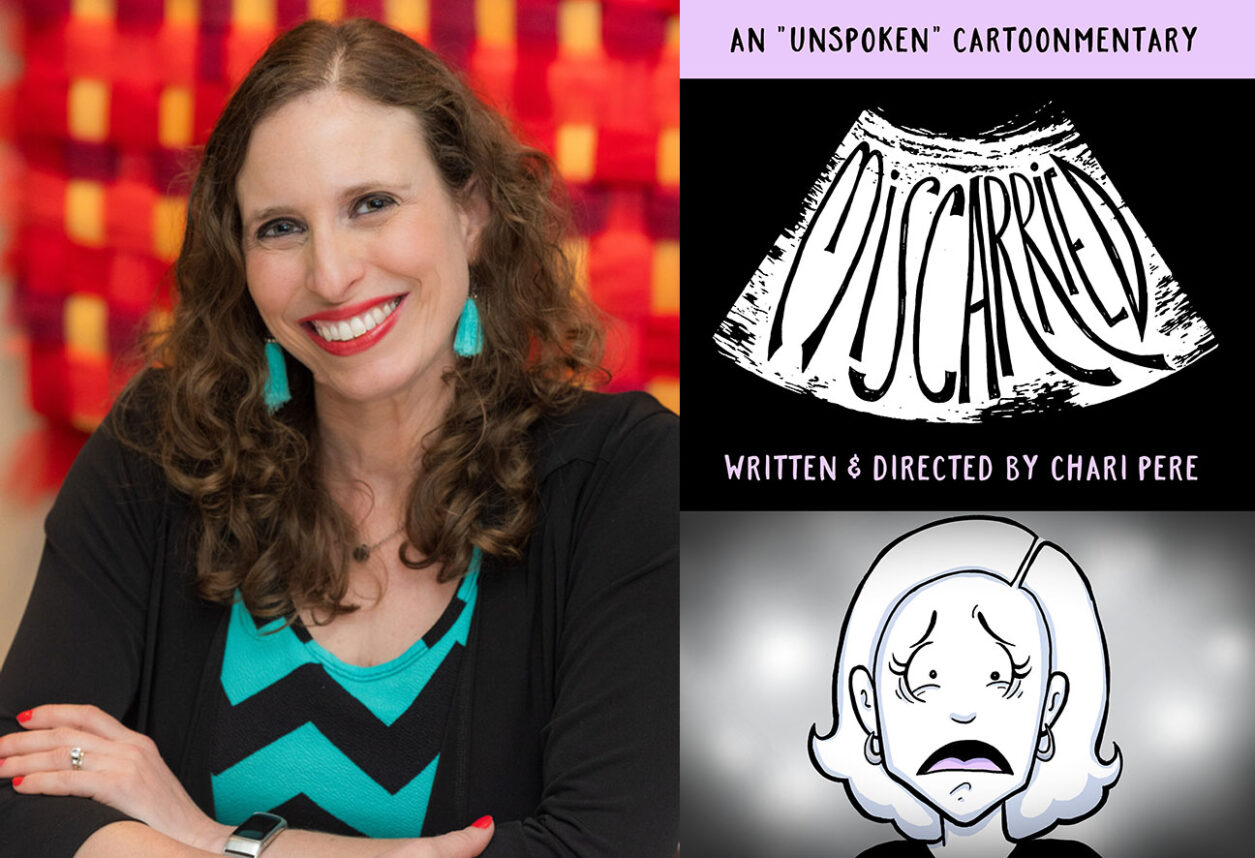When we conjure up the typical profile of a “religious person”, one of the qualities that leaps to mind is temperance. In some religious traditions – not ours – this quality dictates the severe discouragement or outright prohibition of any alcoholic consumption at all. In many other traditions – including ours – temperance means careful moderation in consumption, as the state of drunkenness that would otherwise result is incompatible with the state of Godliness. Beginning when Aharon and his sons were forbidden to drink while on duty in the Temple, and continuing through Nachmanides’ oft-quoted characterization of drunkenness as the antithesis of holiness (see his commentary on “You Shall be Holy”, Leviticus 19:2), our religious tradition presents us with the assertion that we may enjoy the presence of God, or the buzz of inebriation – but not both. They simply can’t occupy the same mind simultaneously. And since we are told to stand in God’s presence at all times (shiviti Hashem l’negdi tamid), drunkenness at any time is a sacrilege. Ibn Ezra likened habitual drunkenness to heresy (see his commentary to Deuteronomy 21:20). Rabbi Yosef Karo, writing in his Bet Yosef, ruled that drunkenness is prohibited even on Purim, for “drunkenness is an absolute prohibition, and there is no greater sin that it…” (Siman 695)
Tragically though, drinking, well beyond the simple “l’chaim”, has become something of a pastime among many males in the Orthodox community. Contributing to the nature of the tragedy is the fact that much of the drinking is specifically taking place under the guise of religious activity. The OU’s highly publicized recent campaign against shul-based “Kiddush clubs” provides ample testimony to the wide-spread nature of the phenomenon. Simchat Torah has somehow become synonymous with excessive alcohol consumption, in willful ignorance of what is allegedly being celebrated. And the drinkers seem to get younger and younger with each passing year.
This is tragic for many reasons. It disfigures and distorts religious life. It introduces the high statistical likelihood that the children of these men will also begin to drink. And it testifies to the troubling reality that many of our community’s men are enjoying little to nothing in the way of authentic religious experience. When davening itself (or learning, or acts of chesed) makes you feel good, it doesn’t occur to you to supplement your experience artificially.
While the Hasidic movement has contributed many great things to mainstream Orthodoxy, the contribution of “religious drinking” – rightly condemned by non-Hasidic scholars as thoroughly foreign to us – has been a disaster.
For the sake of the children, for the sake of the families, for the sake of God and the Torah, don’t smile and pretend that somehow it’s all harmless. Don’t wait till God forbid, something unspeakably terrible happens.






















 More news and opinions than at a Shabbat dinner, right in your inbox.
More news and opinions than at a Shabbat dinner, right in your inbox.